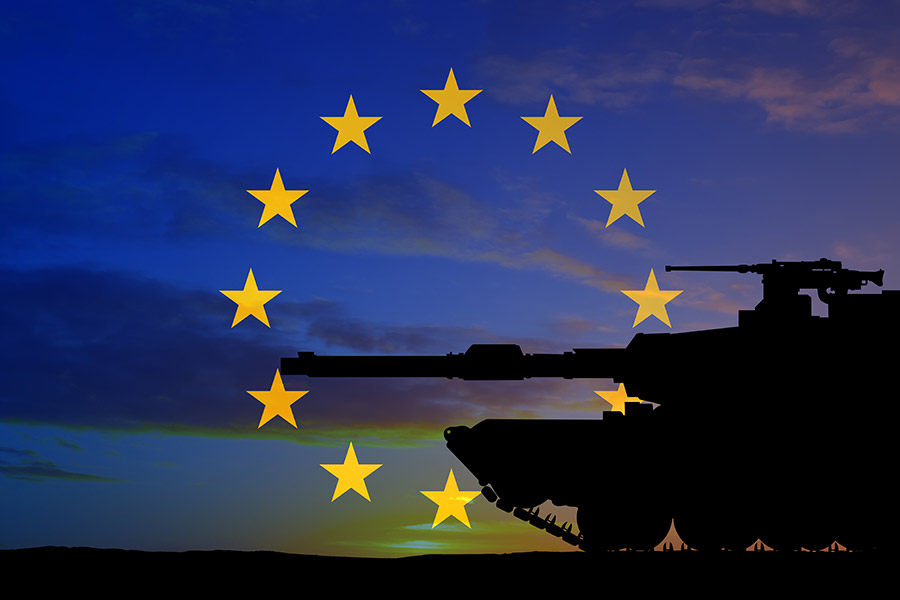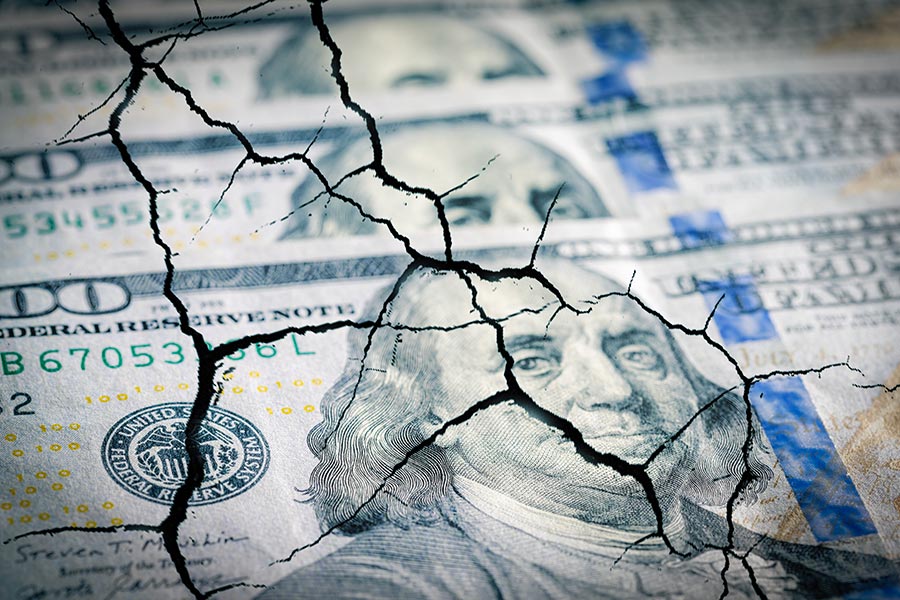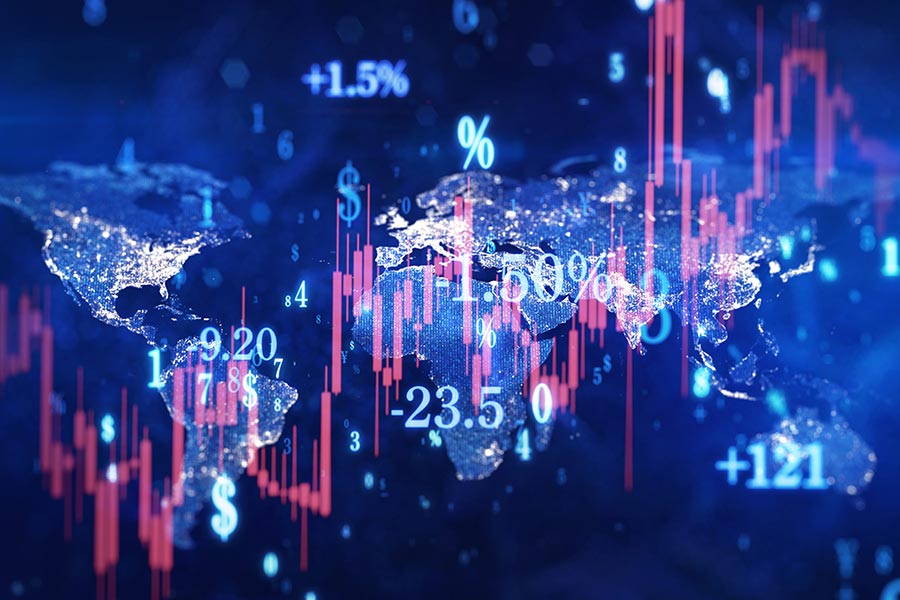Ibec's Global Compass report Navigating Polarisation: Business Leadership in a Fragmented World explores how businesses can lead through growing ideological and cultural divides—not by avoiding complexity, but by adapting to it.
Listen to the article here:
Social division has become a defining force — not just in democracies, but globally.
The World Economic Forum’s Global Risks Report 2025 ranks polarised societies among the top five long-term risks to global stability.
For business, this is not an externality — it is core to the terrain in which they must operate.
Where once values-based messaging differentiated brands, today it can trigger backlash.
In the US, DEI (diversity, equity and inclusion) initiatives face ideological scrutiny.
Several major companies have retreated from public commitments under political pressure, as partisan divides sharpen.
Ipsos data shows one in four Americans have boycotted a company due to politics or current events.
Elsewhere, the response has been more nuanced.

European and Asian multinationals continue to uphold global DEI standards but adapt local expressions to reduce exposure to domestic political tension.
A similar duality is emerging on ESG (Environmental, Social, and Governance).
In February 2025, the European Commission’s “Omnibus Package” eased compliance deadlines and administrative requirements under sustainability legislation, reflecting Member State concerns over competitiveness — particularly vis-à-vis the US and China.
Meanwhile, security has re-entered the business calculus.
Defence and strategic autonomy are gaining traction as mainstream priorities, with 36% of Europeans now ranking security as the EU’s top policy area.
In Asia, Japan and South Korea are both increasing defence spending while managing complex geopolitical alignments.
In Latin America, persistent inequality and democratic fragility are fuelling populist shifts — reshaping local stakeholder dynamics and regulatory expectations.
“Moving forward, businesses will require solid reputational governance.”
This scenario impacts both consumer relations — which require greater cultural and political sensitivity — and government relations — where traditional alliances are losing weight in the face of new players and changing expectations.
Moving forward, businesses will require solid reputational governance, with clear strategies that define when to speak, what to say and how to act, and when to refrain, always based on internal values and a strategic reading of risks — institutional, commercial, and reputational.
READ MORE FROM THIS REPORT:
New Political Realities: Redrawing the Map of Influence
Policy Volatility: Strategic Discipline in a Rapid-Fire World
Trust: The Strategic Asset in a Distrustful World
Get In Touch
Email: Ibecglobal@ibec.ie
LinkedIn: https://www.linkedin.com/showcase/ibecglobal
X: @Ibec Global
Bluesky: @ibecglobal.bsky.social










